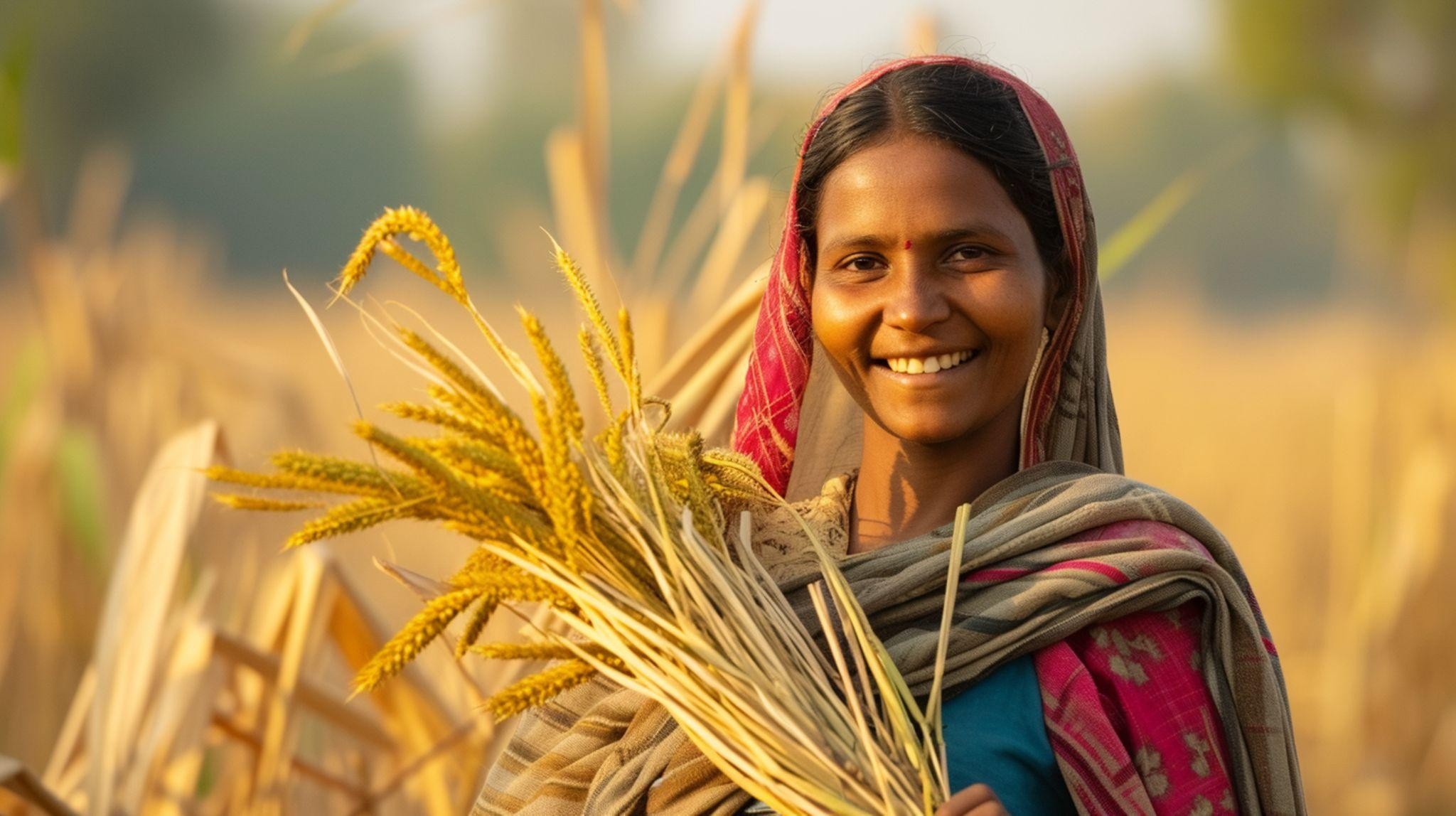Table of Contents
Public policy often aims to address large-scale economic and social challenges, but few initiatives have demonstrated as profound an impact on women’s empowerment as the Pradhan Mantri Ujjwala Yojana. By replacing traditional cooking fuels with clean alternatives, the scheme has improved health, freed up women’s time, reduced drudgery, and transformed household dynamics. Today, it stands as a pioneering case study in gender-focused policymaking, blending health, environmental, and economic goals.
The Gendered Reality of Household Energy Use
For decades, millions of rural households in India relied on firewood, cow dung, and other biomass for cooking. While inexpensive, these fuels came at a heavy cost. Women, often the primary cooks, were exposed to toxic smoke daily, leading to respiratory illnesses, eye problems, and other health issues. Additionally, gathering fuel consumed valuable time that could otherwise be spent on education, income-generating activities, or childcare.
This energy burden was not just an economic challenge, it was deeply gendered. Recognising this, the government introduced an intervention designed specifically to address women’s health, dignity, and empowerment.
Transformative Impact of Ujjwala
Launched in 2016, the Pradhan Mantri Ujjwala Yojana (PMUY) aimed to provide free LPG connections to women from below-poverty-line households. Its impact has been transformative:
- Health Benefits: Reduced exposure to indoor air pollution has improved women’s and children’s health outcomes significantly.
- Time Savings: Hours previously spent collecting firewood are now redirected towards productive activities.
- Safety and Dignity: LPG stoves have minimised the risks of burns and accidents, while also giving women greater autonomy in household decisions.
- Intergenerational Benefits: Cleaner kitchens encourage better nutrition and create safer environments for children.
By centring women in its design, the program redefined how public policy can integrate gender equity into development.
Why Ujjwala Became a Global Case Study
The success of Ujjwala has been widely recognised, not just in India but globally. Development experts and policymakers often cite it as an example of how targeted interventions can deliver multi-dimensional benefits.
Three key reasons explain its case-study status:
- Targeted Beneficiaries: The scheme directly identified women as beneficiaries, ensuring resources reached those most affected.
- Behavioural Change: Beyond subsidies, awareness campaigns encouraged households to adopt and sustain clean fuel usage.
- Scalability: With more than 90 million beneficiaries, Ujjwala showcased how large-scale implementation could work in developing economies.
It is no surprise that PM Ujjwala Yojana is now studied in policy schools and international forums as a blueprint for gender-sensitive interventions.
The Broader Social and Economic Ripple Effects
The program’s impact extends far beyond household kitchens:
- Economic Participation: Women with more time and better health are better able to engage in income-generating opportunities.
- Education: Girls, often tasked with collecting fuel, now have more time to attend school.
- Environmental Gains: Reduced biomass use has led to less deforestation and lower carbon emissions.
- Energy Transition: Ujjwala contributes to India’s broader energy security goals by shifting households toward cleaner fuels.
This ripple effect demonstrates how one policy can simultaneously address multiple Sustainable Development Goals (SDGs), from health and gender equality to environment and economic growth.
Challenges and Lessons Learned
Despite its success, the scheme has faced challenges such as the affordability of LPG refills and ensuring consistent usage across rural areas. Some households continue to rely on biomass due to cost constraints. These challenges highlight the importance of coupling subsidies with ongoing behavioural nudges, microfinancing, and policy fine-tuning.
The lesson for future public policies is clear: structural barriers need continuous support, and gender-focused schemes must adapt over time to remain effective.
Looking Forward: A Template for Inclusive Policy
The Ujjwala model has shown the world that addressing gendered challenges at scale is possible with the right mix of intent, design, and execution. As India advances toward its development goals, Ujjwala serves as a template for how inclusive public policies can reshape lives and empower women as central agents of change.
By integrating gender equity into economic planning, India is not only improving household well-being but also creating a more resilient and inclusive society.

